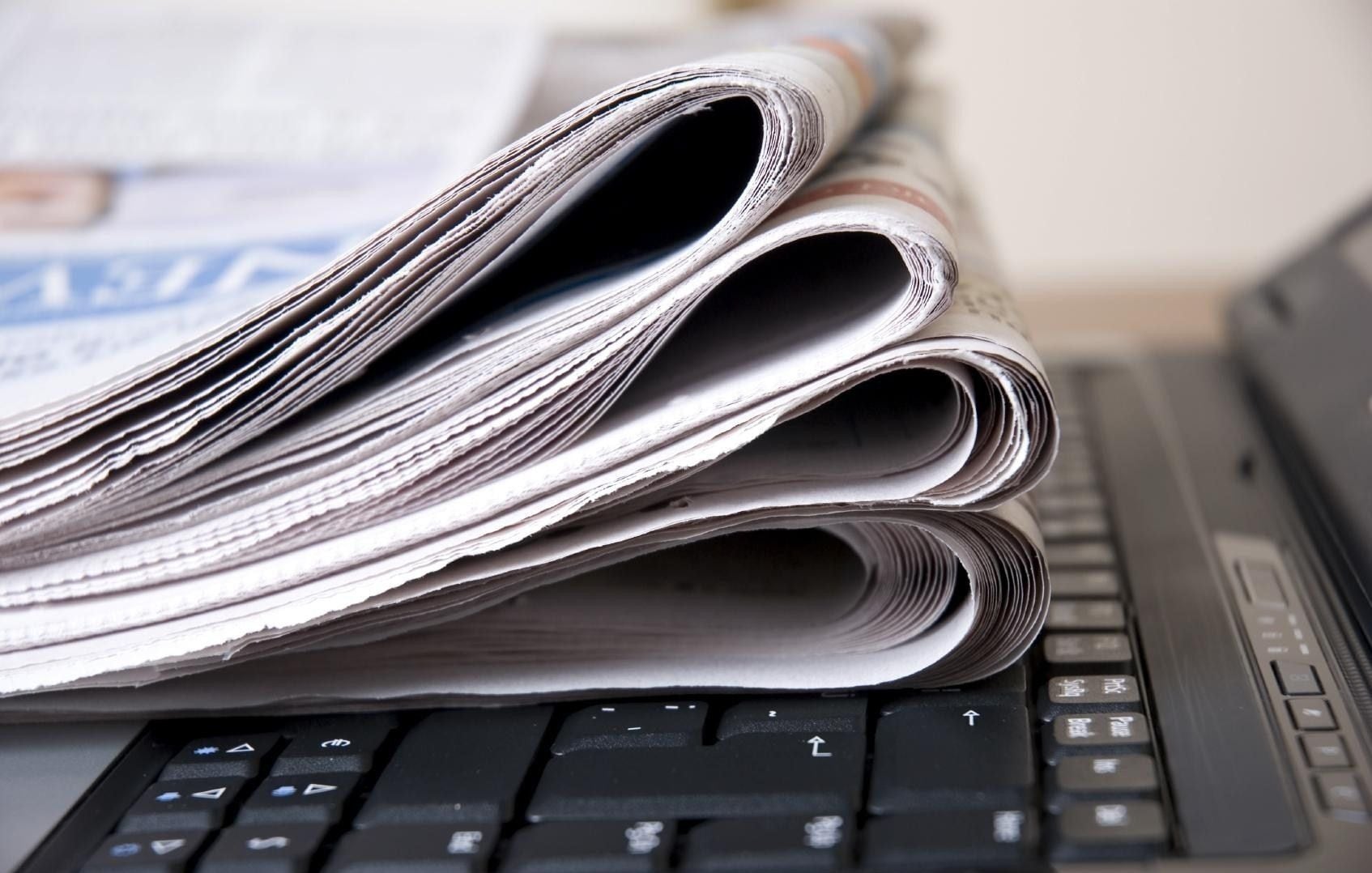
Week’s balance: EU’s generous gesture, IMF’s new commitments, acceleration of economy and inflation
The European Union has promised Ukraine to imminently allocate the next tranche of its macro-financial assistance worth EUR 600 million; the IMF has confirmed that is in the final stage of the review of Ukrainian cooperation program; while the State Statistics Service reported on the acceleration of economic growth and inflation - these are the key economic news of the past week.
The second week of February brought some good news for Ukraine, which is emerging from the crisis. During his meeting with Ukrainian Prime Minister Volodymyr Groysman, European Commission President Jean-Claude Juncker said that the European Union in the coming weeks was ready to provide for Ukraine its second tranche of macro-financial assistance in the amount of EUR 600 million.
At the same time, Juncker has reminded that the European Union wishes to finally see Ukraine abolish a ten-year ban on the export of round timber, introduced in 2015. However, this time this barrier did not become an insurmountable obstacle for the allocation of a bailout.
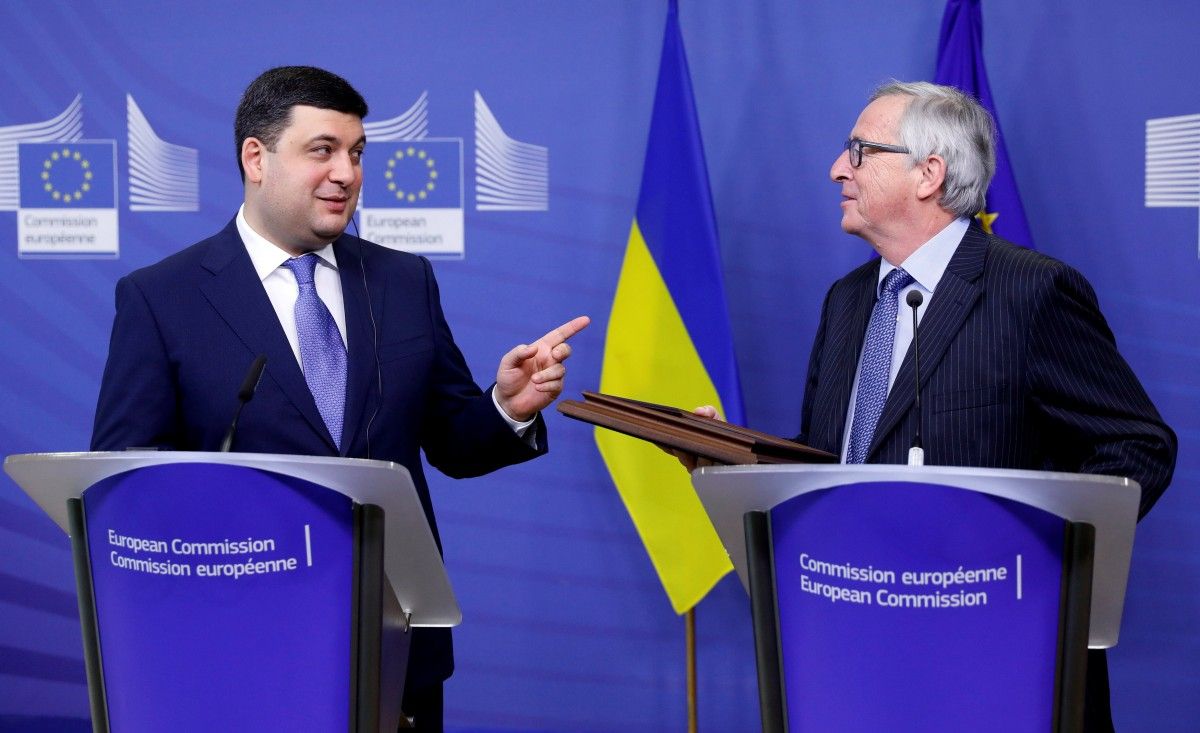
Ukraine’s largest trading partner, the European Union in April 2014, after the Revolution of Dignity, had declared its readiness to provide financial assistance to Kyiv, totaling EUR 11 billion euros: EUR 1.6 billion in loans, EUR 1.4 billion in grants, and another EUR 5 billion - from the European Bank for Reconstruction and Development, as well as EUR 3 billion - from the European Investment Bank.
As part of the loan program, Ukraine received a total of EUR 600 million euros. And in 2015, the EU has offered us a new package of aid credit totaling EUR 1.8 billion. Under this program, Ukraine has also received EUR 600 million. However, the allocation of the next credit tranches has been suspended. It seems that Groysman managed to break the ice, convincing the leadership of our strategic partner that Ukraine was committed to reform.
The country’s key creditor, the International Monetary Fund, is also expecting the acceleration of economic reforms in Ukraine. On February 9, IMF spokesman Gerry Rice confirmed that the Fund expected to hold a meeting of the Executive Board on Ukraine in the near future.
He said that the Fund had held discussions with the Ukrainian authorities and there were some technical issues that should be addressed. But soon they will be solved, he said.
Thus, there is hope that the Ukrainian authorities will be able to break the vicious practice of previous years, when the program with the IMF stopped working after Kyiv received one or two tranches.
Since March 2015, Ukraine has received three loan tranches totaling $7.62 billion of the promised $17.5 billion under a four-year EFF.
Danyliuk against Nasirov
Finance Minister Oleksandr Danyliuk suddenly became one of the main newsmakers in the outgoing week. First, at a press conference and then at a government meeting, he presented a large-scale financial reform - Strategy for public finance management, providing for the introduction of a medium-term budget planning for three years or more.
In addition, the minister pointed out numerous flaws in the work of the State Fiscal Service, pledging to reform the agency. In particular, he vowed to deprive the fiscals of their function of auditing businesses at the district level and to reduce their staff. Moreover, tax police is to be substituted by the Financial Investigations Service.
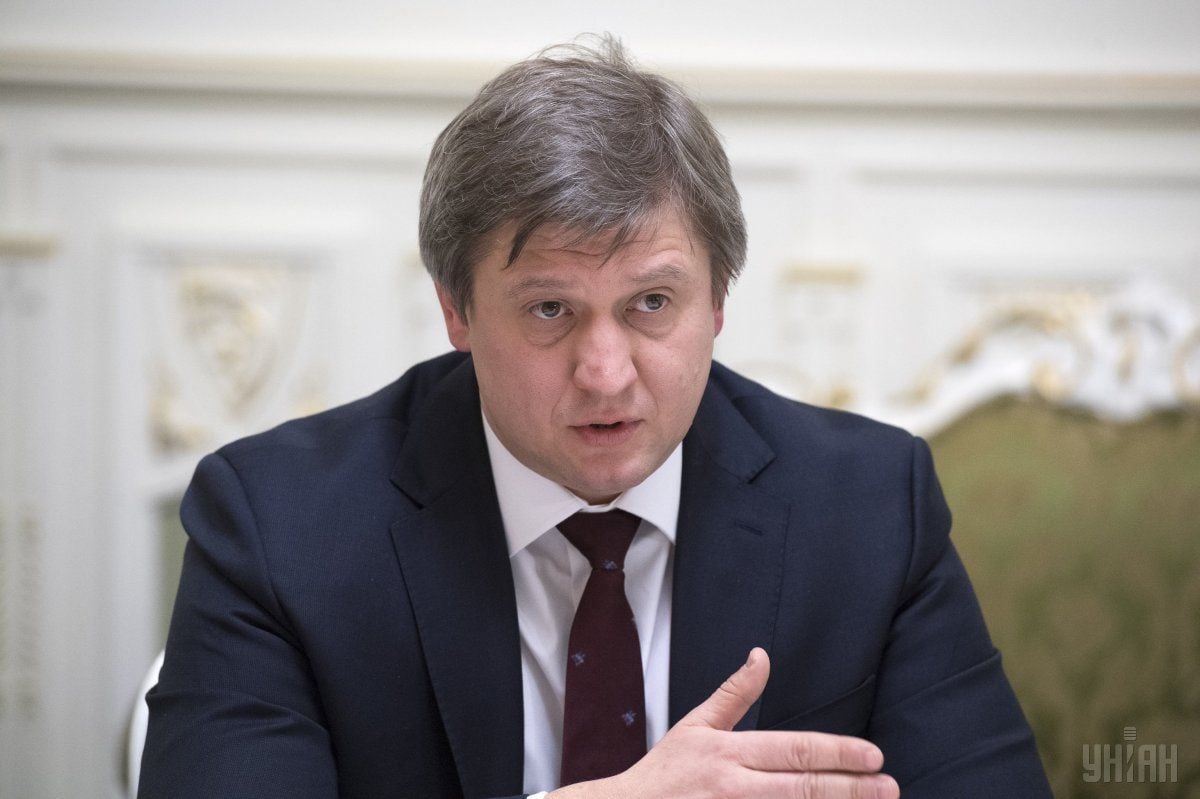
The most corruption-feeding tax, VAT, was on top agenda this week. Danyliuk once again promised to reform tax administration, vowing to create a single public registry of VAT payers and those who claim its return.
He said that the SFS, in fact, was manually taking decisions on tax reimbursement to the businesses. Letting some companies "jump the queue," while putting others in the bottom of the list. This constituted the greatest element of corruption. “There will no longer be such an opportunity," said Danyliuk, actually accusing the fiscal chief of corruption.
Moreover, the minister hit Mr Nasirov even harder, requesting that the National Anti-Corruption Bureau of Ukraine (NABU) and the National Agency for Prevention of Corruption (NAPC) to verify the funds used by Nasirov to pay for his trip to Donald Trump inauguration.
In turn, Nasirov claimed he paid from his pocket for his overseas trip, flying to Washington during his vacation, agreed with the prime minister.
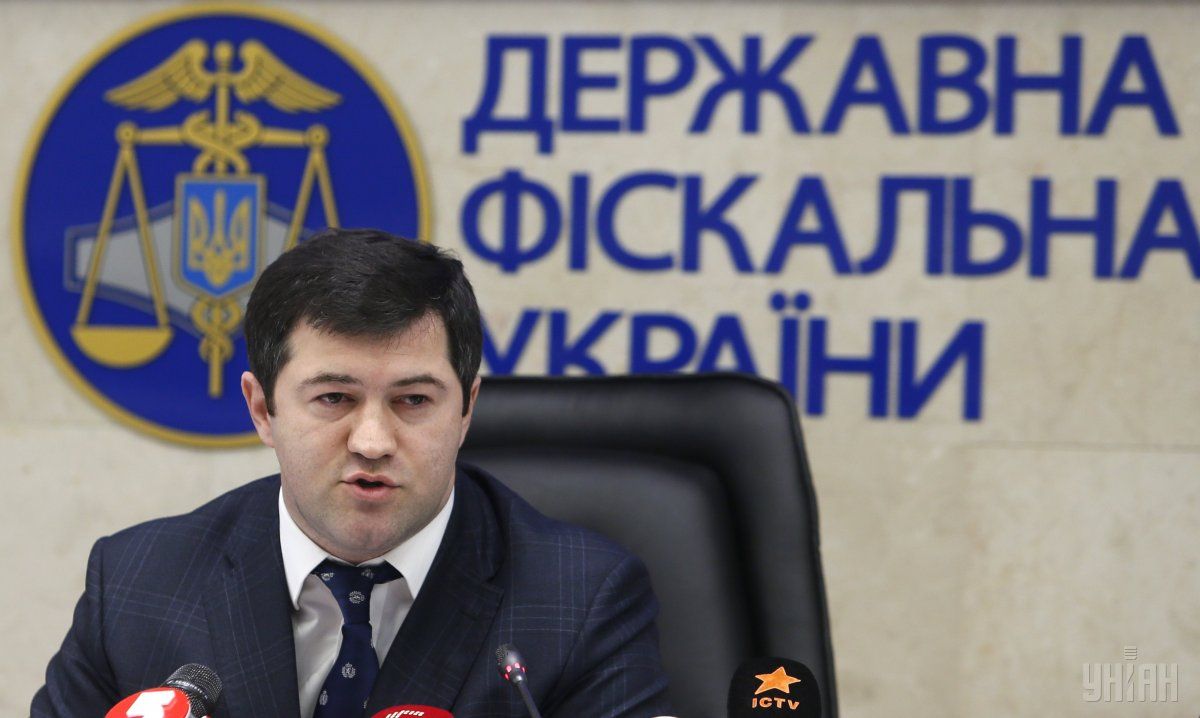
Nasirov’s response does not seem to have lowered the temperature of the conflict. Probably it’s quite the contrary, especially considering the fact that both high-ranking officials, who have declared war on each other, enjoy the president’s trust.
Banks suffer losses. But not all of them
In 2016, Ukraine’s banking system has set a historical record by reporting a loss of UAH 159 billion. These are the data of the National Bank.
But, despite this, not everything is that bad in the banking realm. There are financial institutions that have made a profit. For example, Raiffeisen Bank Aval in 2016 reported a UAH 3.8 billion profit. Citibank boasted UAH 1.4 billion profits, while OTP Bank saw profits totaling UAH 913.76 million.
The National Bank claims that in 2017, the trend is expected to change, and more banks will become profitable. Deputy Head of the National Bank Kateryna Rozhkova said that the banking system had become more transparent and ready to lend.
“The liquidity of the banking system is more than UAH 100 billion," she said.
Meanwhile, NABU will check whether the NBU is right in purging the banking system. According to the agency, next week it intends to open proceedings on the fact of possible abuses by officials of the National Bank.
The NBU commented as follows: the objective and independent investigation by NABU will help stop manipulation and provocations.
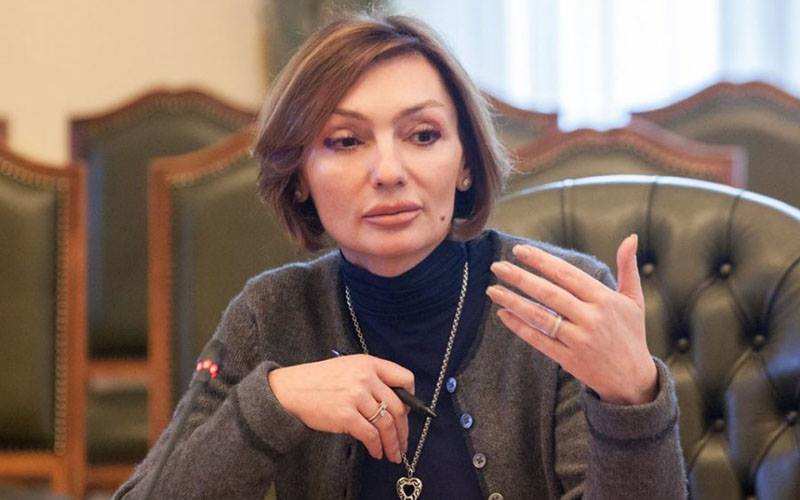
By the way, the confidence of the NBU in the fact that the banking system has become more transparent and willing to lend is based on the audit carried out in relation to 60 largest banks.
Moreover, for the first time, the National Bank has more or less clearly outlined its position regarding the Russian banks - their subsidiaries cannot count on leniency in penalties, i.e. the possibility of new capital infusion. Therefore, the five subsidiaries of Russia’s Sberbank, VTB, and Vnesheconombank will either have to change the owner or to reduce their presence in Ukraine. And while Russian banks are looking for buyers, their subsidiaries’ operations are monitored by NBU curators.
However, experts insist that the NBU will no longer be able to force the issue and put pressure on Russian banks. Excessive burden may fall on the Individual Deposit Guarantee Fund. After all, banks with Russian capital hole UAH 22 billion in deposits of the population and UAH 16 billion of funds of legal entities, i.e. citizens and companies of Ukraine. Besides, their credit portfolio is rather significant, totaling about UAH 140 billion.
State Statistics Service records steady growth
This week, the State Statistics Service presented its massive report on the economic situation in Ukraine. Agency head Ihor Verner spoke at a Cabinet meeting, confirming the thesis of the prime minister that Ukraine's economy "is gradually rising from its knees."
In particular, according to the State Statistics Service, Ukraine completed the fourth quarter of last year with a steady growth of 4.8% versus less than 1% a year earlier. At the end of 2016, the growth of the national economy amounted to 2%, industrial production increased by 2.4% - the first time after several years of decline, and inflation stood at 12.6%, which was below the forecasts of experts and international financial institutions, who expected 14-15%.
The government believes that in the first quarter of 2017 the positive trend will intensify, which will allow the country to accelerate GDP growth to the level of 2.8-3.0% with an inflation rate of 8.1% and an average annual rate of the hryvnia at UAH 27.2 to the dollar.
And the necessary decisions are being taken to this end. According to the prime minister, the increase in the minimum wage alone will add at least 0.5% to the forecast annual rate of economic development, enshrined at the level of 3%, while reducing the multi-billion dollar deficit of the Pension Fund and not inflating the inflation, which in January, according to the State Statistics Service, was at 1.1%, which was a 0.2% increase against last December. The acceleration of inflation occurred against the background of increasing production costs, growth in commodity prices on world markets, and the weakening of the hryvnia in late 2016 and early 2017.
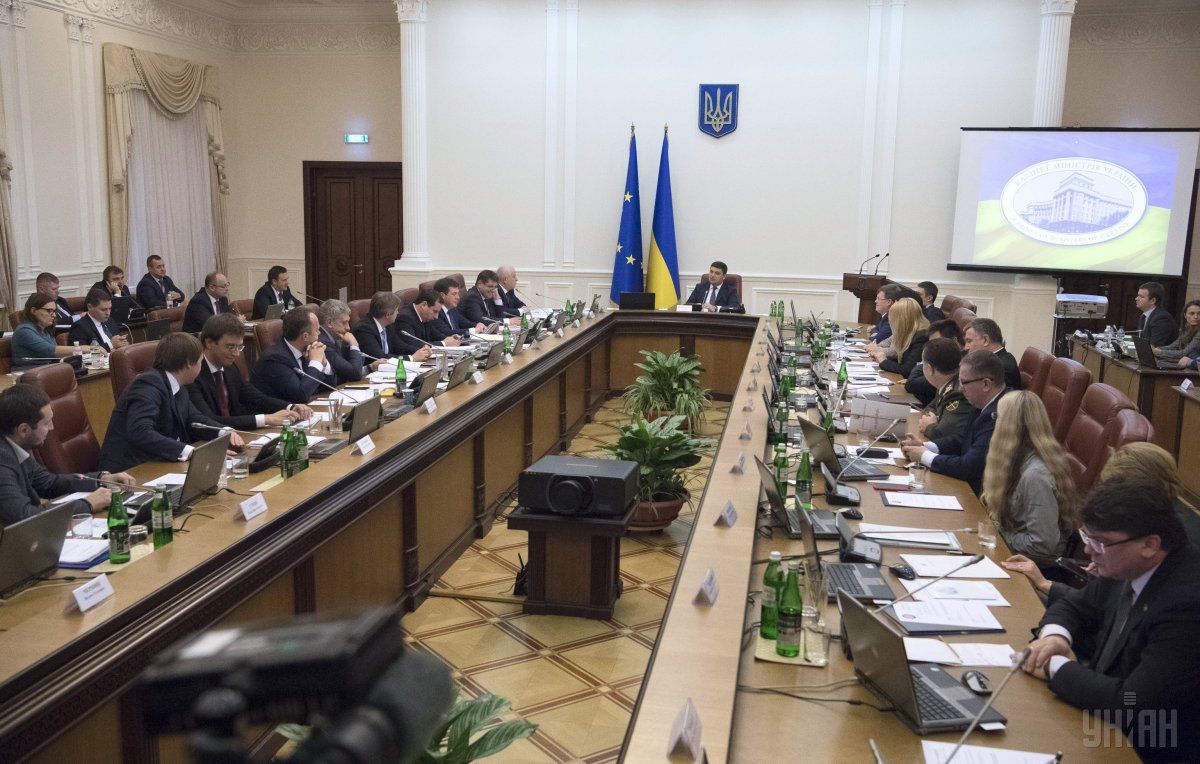
Groysman has asked the ministers and other authorities to closely monitor the price situation in the consumer market, not to let the increasing incomes of Ukrainians to affect price tags in grocery and department stores.
Next week will bring Ukrainians warmer temperatures and the feeling of the approaching spring. The State Statistics Service will present data on foreign trade and foreign trade balance of the country in 2016, while the government is expected to make public the draft law on financial police, and the details of other initiatives.
Myroslava Naumchuk (UNIAN)

